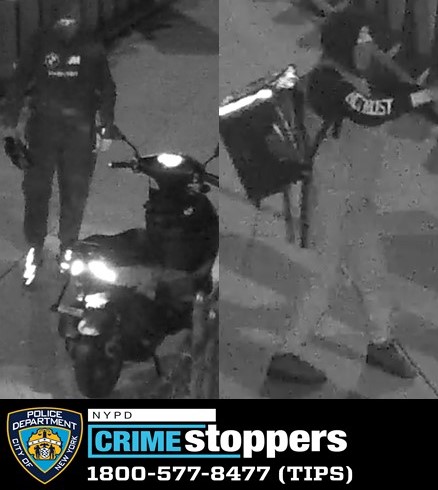New bedding regulations to protect against bed bugs have led to over 4,300 violations being handed out, the Department of Sanitation (DOS) announced.
Beginning January 3, all bedding (mattresses and box springs) was required to be placed in a sealed plastic bag when left curbside for garbage collection. This was required of all bedding, whether or not it was infested with bed bugs.
“With this new rule, we are safeguarding our workers and helping to mitigate the spread of bed bugs,” Sanitation Commissioner John J. Doherty said.
The DOS has reported that they have handed out 4,345 violations – 701 in Queens – for uncovered bedding in the first three months since the regulation went into effect. The violation calls for a $100 fine.
The new regulations were put into effect to help quell the growing bed bug problem in the city.
The reports of bed bugs have been on the rise within the city in the past few years.
According to an April 2010 report released by the Bed Bug Advisory Board, bed bug related 3-1-1 calls rose 54 percent from 2008 to 2009 in the city. The report also said that private residential rental housing bed bug violations rose 240 percent from 2006 to 2009.
In 2009, 5 percent (87,000) adults in Queens reported bed bugs in their household. The percentage of city-wide reports of bed bugs was 6.7.
Bed bugs, or cimex lectularius, are small, wingless bugs that are usually nocturnal and feed on the blood of humans and other warm-blooded animals. Adult bed bugs are approximately a quarter inch in size, about the size of an apple seed, and tend to hide in crevices, which makes bedding a perfect home for them.
While their bites can be an annoyance, causing itchiness and irritation, bed bugs are not known to spread diseases.
Doherty also suggested that the bedding be placed in plastic bags before it reaches the curb to prevent any bed bugs spreading throughout the house when taking it out.
Plastic bags used to encase bedding can be found at department stores, home improvement centers and other home supply businesses.
For more information, go to www.nyc.gov/sanitation or call 3-1-1.
































